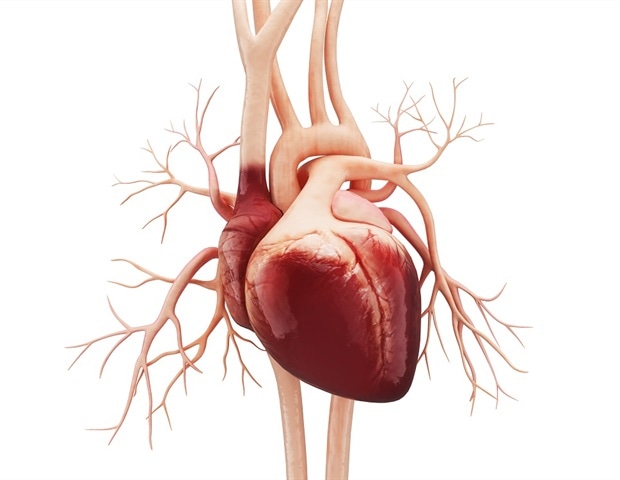
Announcing a new article publication for Cardiovascular Innovations and Applications journal. Diabetic cardiomyopathy (DCM) is a specific type of cardiomyopathy that is independent of hypertension and coronary artery disease, and is closely associated with the high incidence and mortality of heart failure in people with diabetes.
DCM causes microvascular disease, myocardial metabolic disorder, and myocardial fibrosis, thereby leading to left ventricular remodeling, diastolic and/or systolic dysfunction, and eventually progressing to congestive heart failure.
Recent studies have highlighted the crucial roles of mitochondrial dysfunction in the pathogenesis of DCM, including aspects such as glucose-lipid metabolic disorder, oxidative stress damage, calcium regulation disorder, respiratory chain uncoupling, kinetic imbalance, and mitochondrial DNA damage. Increasing numbers of targets and drugs are being identified to ameliorate mitochondrial dysfunction and consequently slow DCM progression.
This article reviews the newly identified targets and drugs in the past decade, to provide new insights for DCM prevention and treatment.
Source:
Cardiovascular Innovations and Applications






